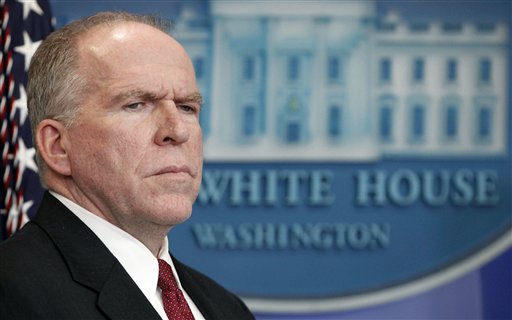Earlier this month we noted discrepancies between an Obama administration official’s statements about a conflict in Yemen and the fact that, as exposed by WikiLeaks, the administration provided weapons to fuel that same conflict.
Now, another top official, Deputy National Security Adviser John Brennan, has made a similarly misleading statement in a speech on Yemen at a Washington think tank.
At issue here is a conflict in northern Yemen that has for years pitted the central government against the Houthis, a Shiite rebel group. In late 2009, Saudi Arabia also began a series of devastating attacks on the Houthis in the two countries’ border area. That’s where, according to one WikiLeaks cable, the U.S. played a role by providing emergency weapons shipments to the Saudis:
During the campaign, the Saudi military turned to the U.S. for emergency provision of munitions, imagery and intelligence to assist them to operate with greater precision. The U.S. military responded with alacrity to the extent possible, primarily by flying in stocks of ammunition for small weapons and artillery. However, the great majority of Saudi requests remain bogged down in the FMS contacting process or in interagency reviews.
So, if the cable is accurate, the U.S. played a direct role fueling the conflict with weapons and other assistance that the Obama administration knew was going to be used in the conflict.
But in his speech today at the Carnegie Endowment for International Peace, Brennan cast the U.S. in the role of peacemaker in the same conflict:
We frequently push the Yemenis to move further and foster along the path of economic and political reform, to reach a peaceful accommodation with the Houthis and southern oppositionists …
That may be true in a narrow sense, but the statement hardly leaves an accurate impression about the extent of the U.S. role in the conflict. Don’t expect there to be much attention paid to this; the American role in the Houthi conflict has received precious little press coverage since the WikiLeaks cable was released.

